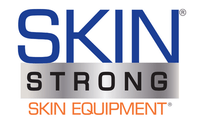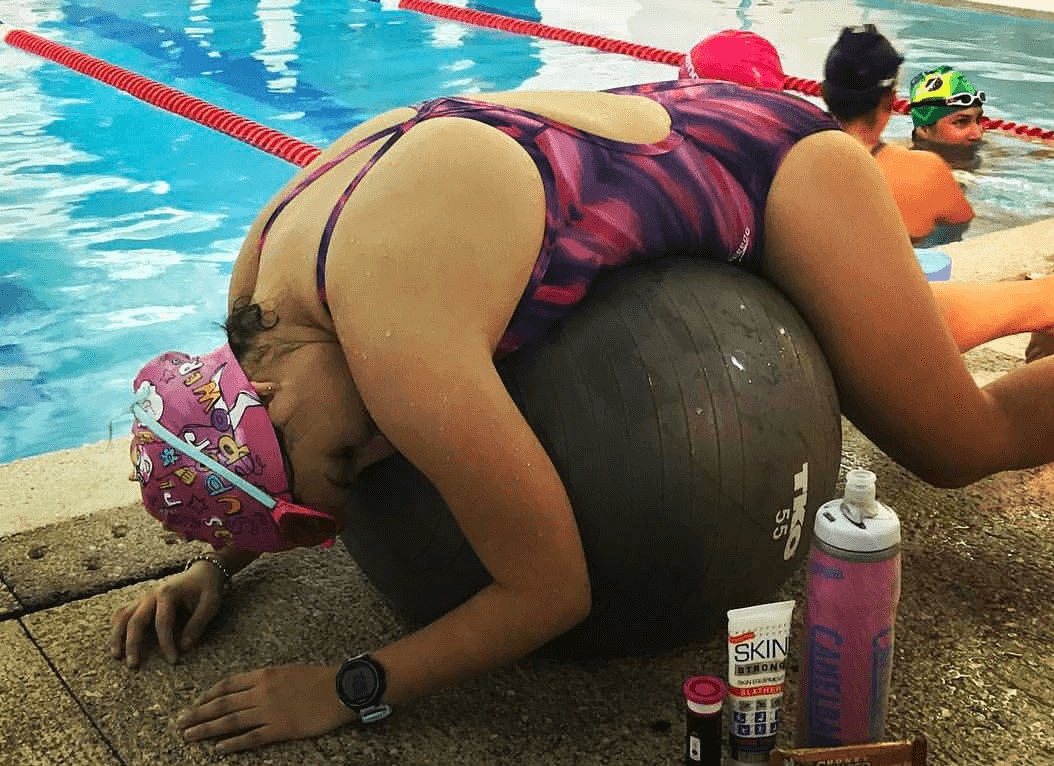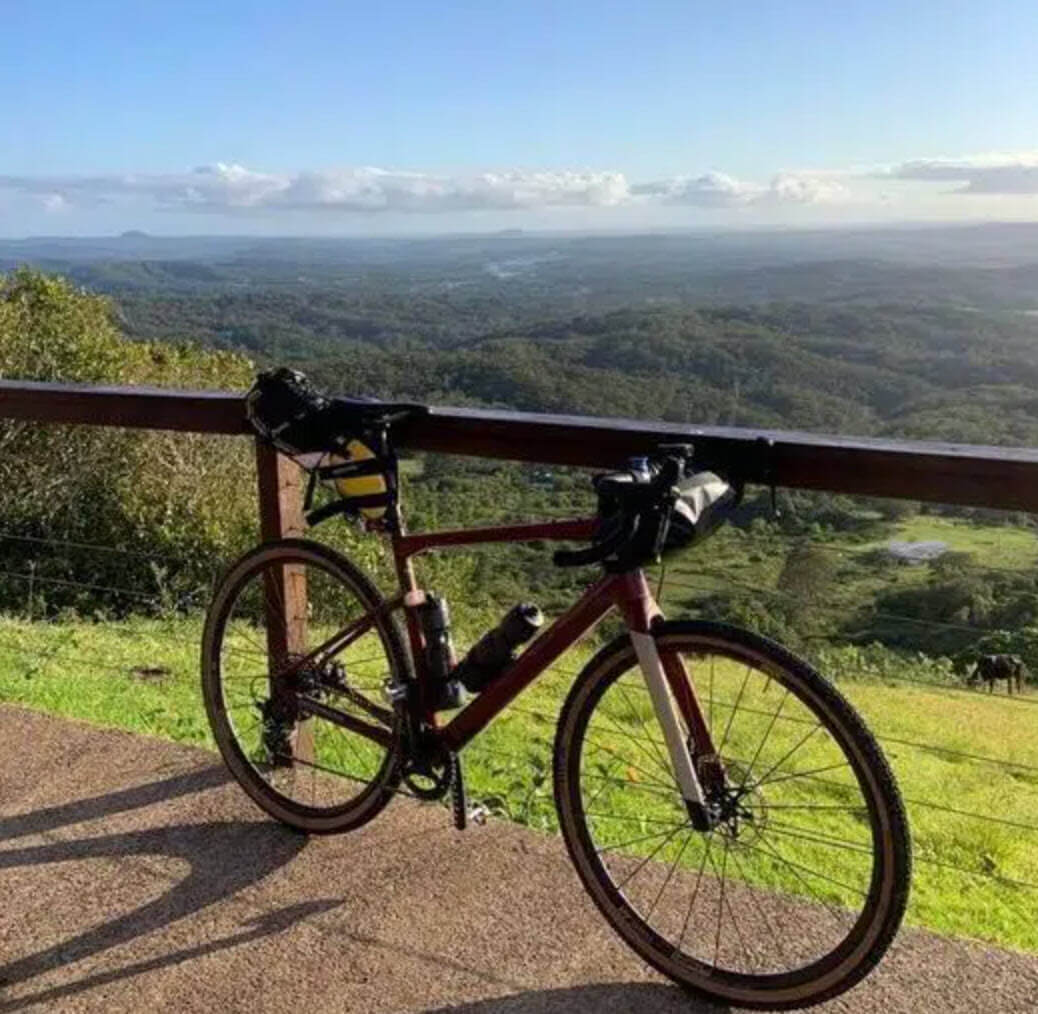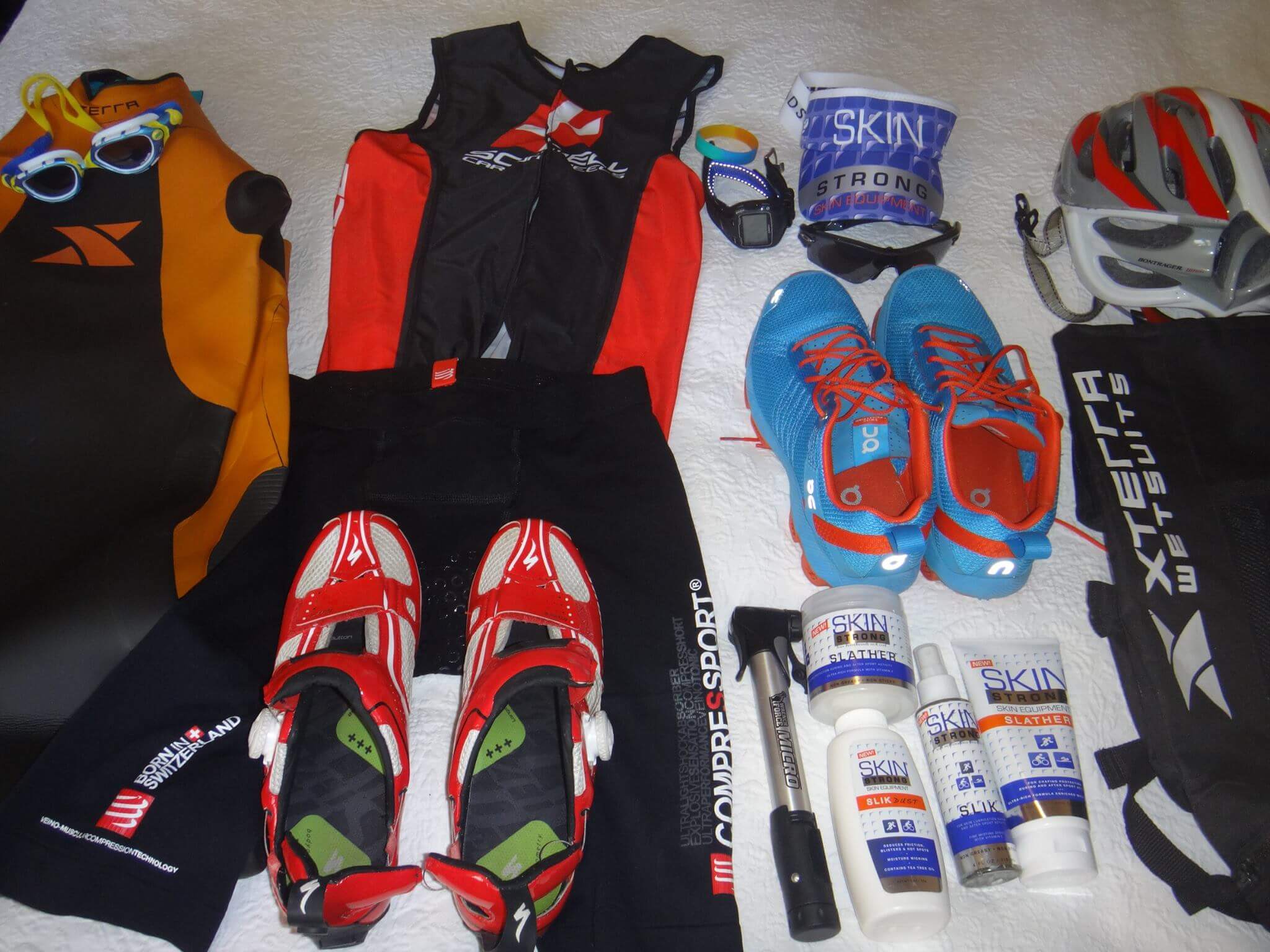Written by Nick June 2016
REST AND RECOVERY… ARE YOU GETTING ENOUGH?!
I live a busy life. Business owner, early mornings and evenings training clients, wife and two young children, hectic school and social life, overseas family (ie. skype calls at odd hours!), and, if there is time left, training and racing in triathlons, cycling and running events. I say racing – I am very much an amateur athlete/age grouper, but I would happily enter many more events each year! Nowadays, though, it seems the cost is less financial and more physical…
It used to be so easy. Up early, after a late night, train, eat, work, family/ social time, maybe train again, eat. A few beers before bed, sleep and REPEAT. Every day! In my 20s, and some of my 30s, I truly felt immortal, burning the candle at both ends with little or no consequence. I am now in my early 40s, and in that age bracket there are 1000s of us, in every city across the world – where juggling (quite a few) balls every day all at once, is just ‘how it is’.
The effects, however, of this continuous ‘go, go, go’ existence are significant. The bottom line? As athletes – of whatever level – this continued, frantic pace means reduced performance, slower recovery and possible injury/ sickness. Too much (and/ or the wrong type of) exercise can suppress the immune system and potentially cause chronic fatigue.
Exercise – in the right amounts – is a good stress, producing the hormone cortisol, which sends the body into a catabolic ‘fight or flight’ state (the sympathetic branch of the nervous system). The body responds by sending blood flowing to the extremities (arms and legs), the heart rate increases as does breathing. This results in tissue breakdown, which for short periods is a good thing. Your metabolism will speed up, your energy will increase, muscles will be toned and bones strengthened, your cardiovascular fitness will be improved and serotonin levels will go up (the happy hormone!). Also your adrenal glands will go into overdrive. All this blood flow away from the centre of the body however, does mean a compromised digestive/ excretory system. That’s fine in the short term (and just as well during endurance events so we are not stopping at the side of the road every few mins!), but after a while we need our all these essential organs to be working optimally.
Eventually your body must return back to a state of ‘homeostasis’ where everything is in balance. Now the parasympathetic branch of the nervous system steps up (anabolic state) and we start our repair, growth and recovery phase. It is only during rest that the body repairs and regrows stronger and with more muscle fibres. However, this takes time and mostly happens during sleep. Ahh, Sleep! The most crucial part of any athletes’ performance. If it is cut short, the body doesn’t have time to complete all of the phases needed for muscle repair, memory consolidation and/or release of hormones regulating growth and appetite.
“The truth is, lack of rest sabotages the best of our Primal efforts. When we shortchange rest, we risk not allowing ourselves optimal recovery from intensive exercise. Even with adequate sleep, compounded stress throughout the day and week is enough to throw off our hormonal systems, which can lead to cravings for more food than we need (or non-Primal choices). We risk the ravages of increased oxidation and the propensity for high cortisol levels, which can potentially stall our transition to (or consistent maintenance of) fat burning“. Mark Sisson, Mark’s Daily Apple
In the 1900s people slept for 2-3 hours more per night, on average, than today. That builds to a staggering 730 extra hours per year! These days our fast-paced society has sleep as a very low priority in each 24-hour period. We would rather watch TV late, surf the net, stay out drinking, and then expect the body to function at full capacity, day in day out, without adequate rest and recovery. Ultimately we are robbing ourselves of crucial repair time for the body and mind, leading to dysfunction. A full nights sleep is vital for health and wellbeing – 10pm to 6am being optimal.
Paul Chek (C.H.E.K. Institute), states, “Sleep is FREE and it is one of the biggest factors to healing, weight loss and recovery. If we are asleep from 10pm till 2am our bodies go into physiological repair to recycle sex and stress hormones, and regenerate our muscles and glands. This is followed by a psychogenic/mental repair cycle from 2 am until 6am”.
A good nights sleep will sort out a tired body and mind – try getting early to bed on weeknights for a month and see how much better you feel!
Of course sleep isn’t the only way to rest. Taking a proper lunch break each day, a long weekend away every 6 weeks, and a 2 week holiday every 6-8 months are also central to a happy, healthy you. Even a quiet 10 minutes of deep breathing and stretching first thing in the morning will set you up for the day, allowing space in your head to reflect and refocus.
You could also try some Power Breathing, an easy one minute exercise, that will really wake you up if you are feeling tired and takes just one minute to complete:
- To gain maximum benefits from any breathing drill, always keep your spine tall and aligned (sit against a wall or on a chair if needed)
- Position: Sit tall, place hands above head with palms touching, arms bent, and legs crossed or straight out if using a wall.
- Action: inhale through the nose and exhale through the mouth very forcefully for 10 single breaths, then repeat this drill by performing two inhales followed by two exhales for 10 breaths or reps – in in and out out x 10.
- Keep your hands above your head during this drill and leave them above your head for 20 seconds after this drill whilst trying to feel the intense heat/chi moving up into your hands.
- This is an example of a ‘Working In’ exercise, can be done straight after a meal – it will aid digestion – and will help speed up recovery after a long training session or tough race.
A discussion on rest and recovery for an athlete would be incomplete without mention of those dual nemeses – injury and chafing, both of which are likely to mean enforced rest and more time in recovery that otherwise needed.
Injuries are so unfortunate and sometimes unavoidable. Aside from resting there are numerous health professionals available to make sure your recovery is as quick and painless as possible.
Chafing is also unfortunate but can be avoided by using some of the excellent chafe protection products on the market today. Of course I recommend the Skin Strong range as I use them daily both as a busy PT and also when training and racing triathlons. Quick application of the correct product can save a great deal of pain and also recovery – no one wants to lose time waiting for a rash or worse to heal!
So aim for some balance in your life – training/racing AND rest/recovery; yin and yang.
Aim to stress your body in a *good* way and keep your focus on all things positive.
Make the rest of 2016 a year of balance – have fun, laugh lots, sleep well, eat wisely, drink plenty of water, exercise in a sensible manner – and your body will thank you!
Nick is a C.H.E.K. Holistic Lifestyle Coach, owner of Northside Fitness (a mobile PT business in Brisbane) and also a keen amateur triathlete and cyclist.



